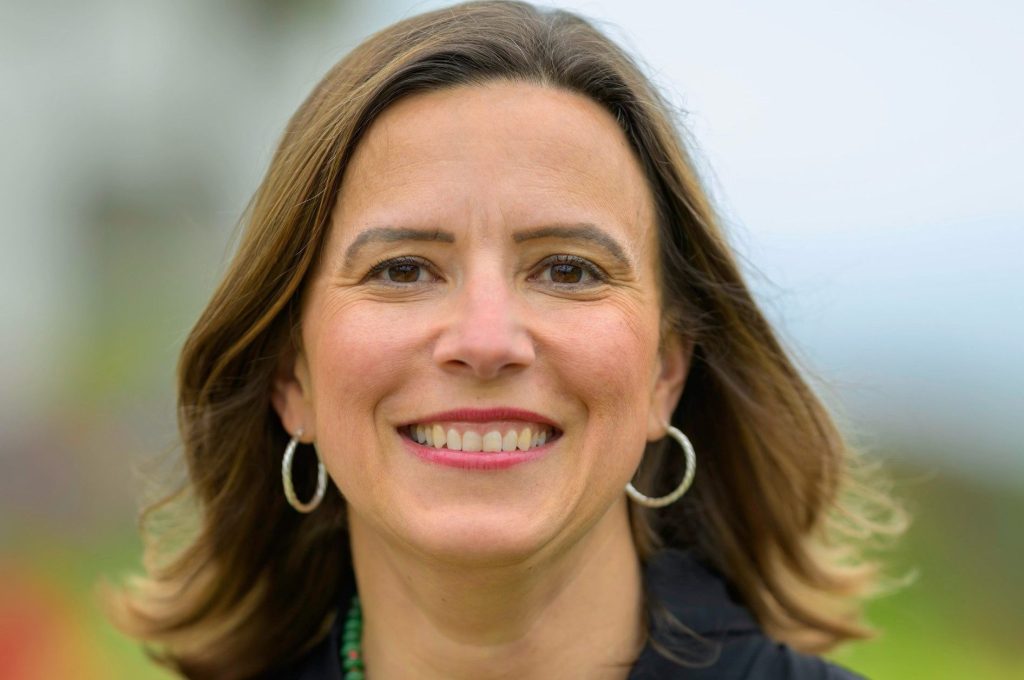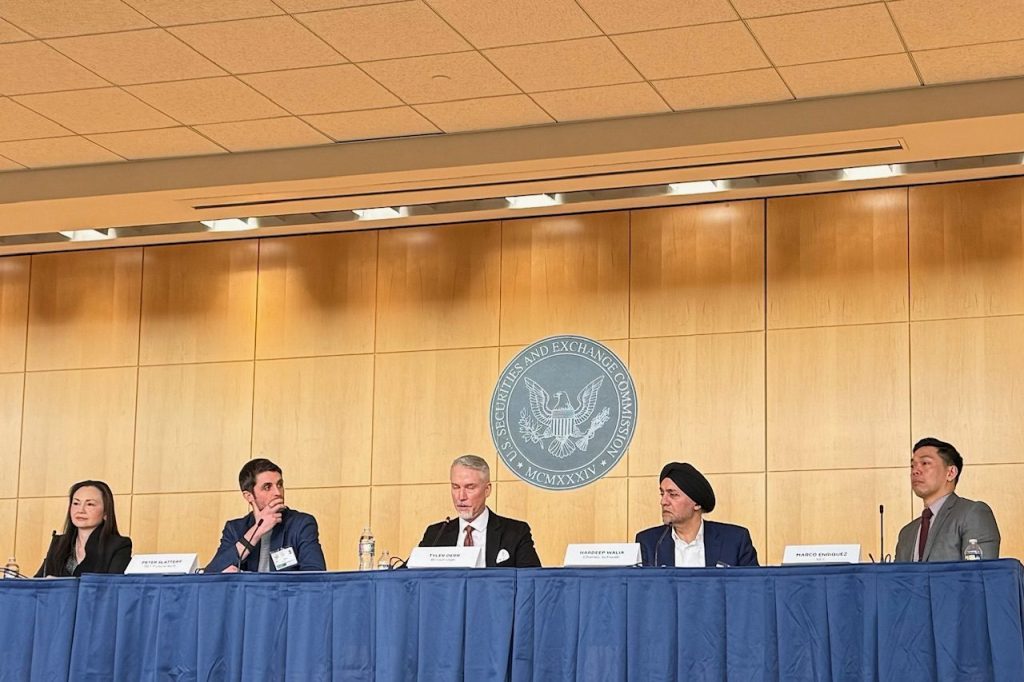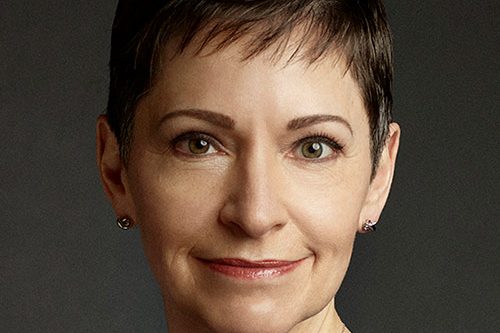Penny Pennington, CEO of Edward Jones, gave a keynote speech on the future of financial advice from a US perspective at the SIFMA Annual in New York.
The reality of current demographics and societal demands is that we need many more financial advisers. In addition, we are approaching a moment when a huge transfer of wealth will take place from one generation to another, a process Pennington dubbed the Great Wealth Transfer. She stated that by 2035 some $83 trillion would be inherited. Much of this wealth will be received by young women, who are usually more diverse in their thinking and also more likely to be philanthropic.
She said this is key when considering how to advise a 30 year old in comparison with the norm currently where 60 is the prevalent age of a customer holding assets. The switch demands a focus on sustainable investments, not just stocks and bonds.
70% of Americans want to live until they are 100 but perhaps are going to need advice on how they get to do that in a financially secure way.
Pennington went on to say that one third of Americans are not open to discussing how they will transfer their wealth with their own families. The result – they need advisers with whom to have that conversation. Since 2009 the level of advice given has increased by 34%.
Meanwhile 70% of Americans want to live until they are 100 but perhaps are going to need advice on how they get to do that in a financially secure way. She spoke about the four pillars that Jones’ advisers use to evaluate their customers: health; family; purpose; finances. She framed this as ‘longevity literacy’. She warned of a retirement crisis that is imminent, where a majority of us are close to that age but are not financially prepared for it.
Pennington moved to a topic she said that could not go undiscussed currently – AI. She noted that this could stand for ‘adviser intelligence’ as well as ‘artificial intelligence’ and she lauded the power of combining the two.
Technology creates more capacity to serve customers much more effectively.
She was excited by the prospect of a human adviser aided by AI. A machine, she pointed out, cannot love or care, and does not want to. She told the audience about a generative AI tool that Edward Jones had been training on all the recorded advice that it possesses. This had been used to help some of the advisers that were looking after customers recently devastated by two significant hurricanes in North Carolina and Florida. The AI had directed that advisers provide emotional support, then focus on immediate needs, create a scenario plan and offer a set of relevant resources. The result was a culture of sharing and caring.
This was the most efficient starting point for the Edward Jones advisers, an insight gained from so much previous data. The technology creates more capacity to serve customers much more effectively. The outcome can be financial wellness especially for a middle class customer who is particularly challenged currently by family dues (the sandwich generation caring for elderly relatives as well as bringing up children), high prices and interest rates.
The middle class has been the bedrock of US society and it must not be neglected now, at a time when lack of financial education and current circumstances require better financial advice that is tailored for their particular situation.












